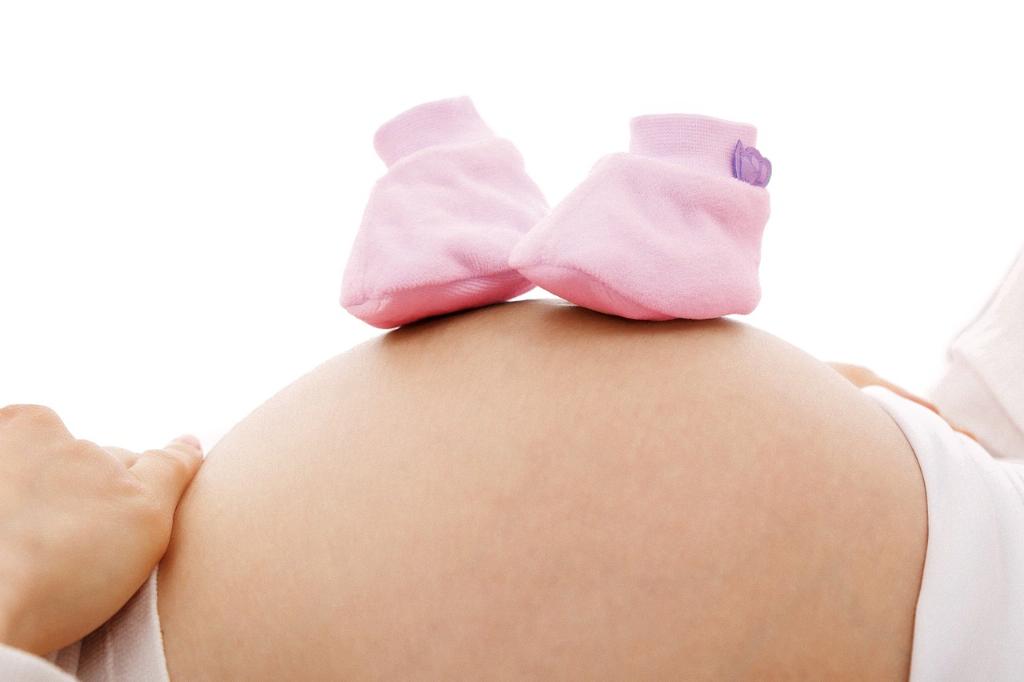Reaching the 10-week milestone in your pregnancy journey brings about a mix of emotions, excitement, and questions about your baby’s well-being. Understanding the changes occurring at this stage is crucial for peace of mind and ensuring the best care for both you and your little one.
Development Milestones
At 10 weeks, your baby is rapidly growing and developing. Key milestones include the formation of vital organs such as the heart, brain, and liver. The tiny embryo, now officially termed a fetus, starts to develop fingers and toes, making it an incredibly active time in your baby’s growth process.
Maternity Care Screenings
Your maternity care provider will offer screenings to assess your baby’s risk of genetic conditions like Down’s syndrome, Edwards’ syndrome, and Patau’s syndrome. These screenings are essential for early detection and provide valuable information to guide further care and decisions throughout your pregnancy.
Flu and Whooping Cough Risks
It’s important to be aware of the increased vulnerability to illnesses like flu and whooping cough during pregnancy. Protecting yourself through vaccinations can significantly reduce the risk of complications for both you and your baby. Consult your healthcare provider for guidance on vaccination schedules and safety.
Physical Changes
As your baby grows, you may start to notice physical changes in your body. From a slight baby bump to hormonal shifts, these changes are normal and signify the miraculous journey of motherhood taking place within you. Embrace these changes and listen to your body’s needs.
Emotional Anticipation
Amidst the physical transformations, emotional changes are also at play. Feeling a whirlwind of emotions, from joy and anticipation to anxiety and uncertainty, is completely normal. Reach out to your support system, whether it’s your partner, family, or friends, to share these feelings and receive the care you deserve.
Self-care Practices
Engaging in self-care practices is essential to ensure both your and your baby’s well-being. From maintaining a balanced diet to staying active and getting sufficient rest, prioritizing self-care contributes to a healthy pregnancy. Listen to your body and seek professional guidance for any concerns.
Communication with Healthcare Providers
Open communication with your healthcare provider is key during this stage of your pregnancy. Don’t hesitate to raise any questions or concerns you may have regarding your baby’s health or your well-being. Your provider is there to offer support, guidance, and medical expertise tailored to your individual needs.
Anticipating Future Appointments
Looking ahead, anticipate upcoming prenatal appointments where you’ll receive further insight into your baby’s growth and development. These appointments are opportunities to ask questions, monitor progress, and connect with your healthcare team to ensure the best possible care throughout your pregnancy.
Embracing the Journey
Embrace this transformative journey of pregnancy with patience, understanding, and self-love. Each week brings new discoveries and milestones in your baby’s development, fostering a deep connection between you and your little one. Trust in the process and celebrate each moment along the way.
Community Support and Resources
Seek out community support and resources to connect with other expectant parents and gain valuable insights into pregnancy and parenting. Joining prenatal classes, online forums, or support groups can offer a sense of belonging and shared experiences, enriching your pregnancy journey.
Final Thoughts
As you navigate the 10-week mark of your pregnancy, remember that staying informed, connected, and proactive in your care is key to ensuring your baby’s well-being. Embrace the joys, challenges, and uncertainties that come with this remarkable journey, and trust in the strength and resilience within you as you nurture new life.

